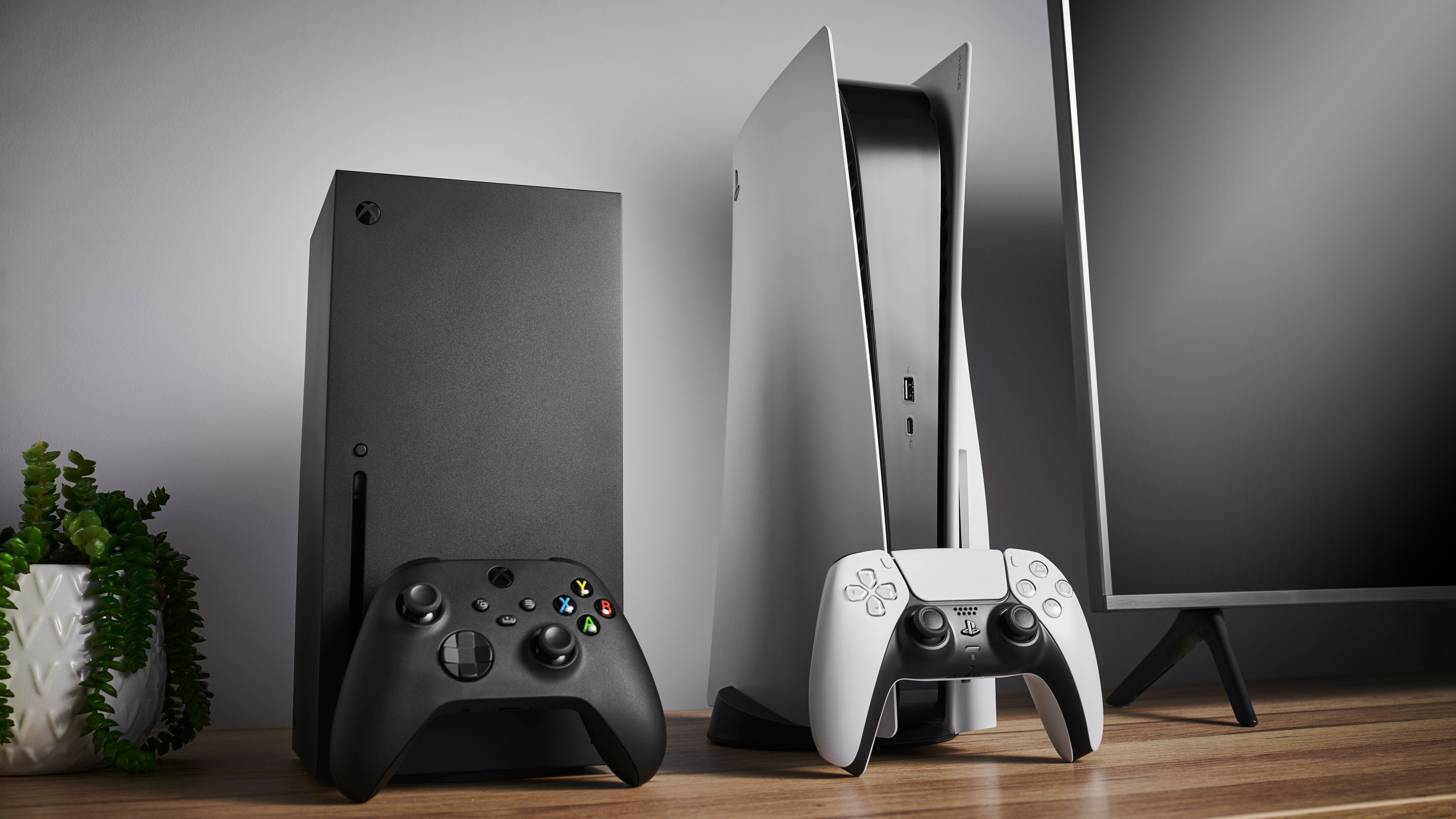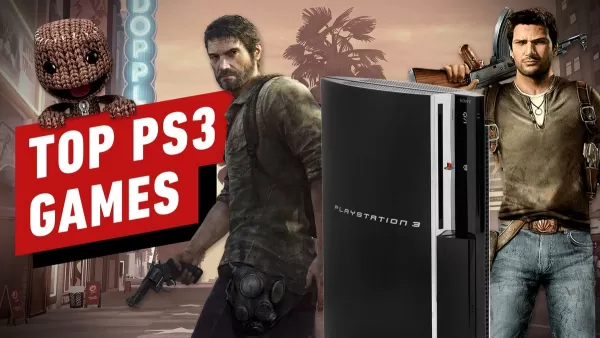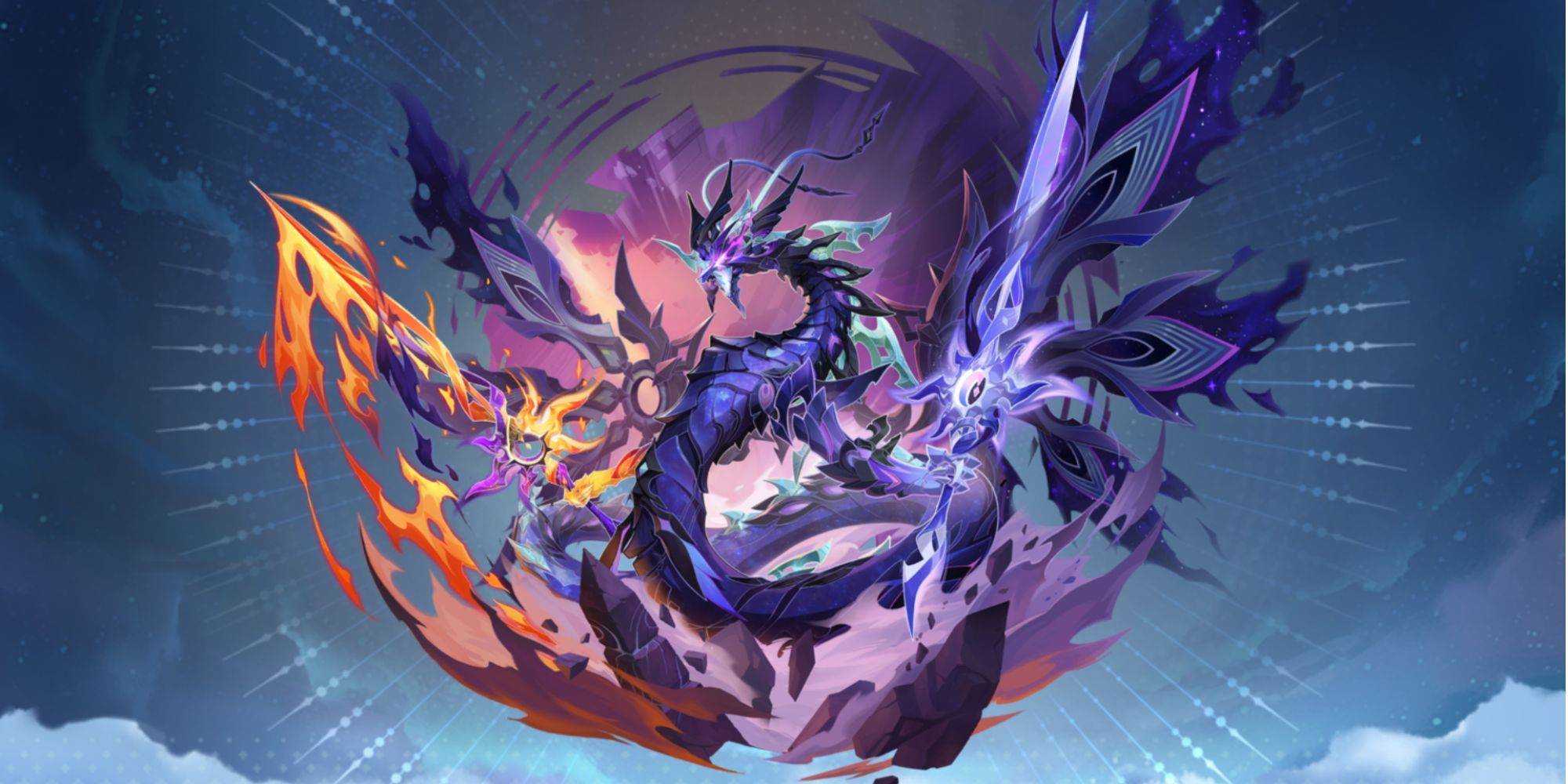The Entertainment Software Association (ESA) urges the Trump administration to collaborate with the private sector to mitigate potential harm to the video game industry resulting from the president's controversial import tariffs.
In a statement to IGN, the ESA stressed the need for dialogue with the private sector "to maintain the economic growth our industry supports." The statement highlighted the widespread popularity of video games in the U.S. and warned that tariffs on gaming devices and related products would negatively affect millions of Americans and damage the industry's substantial contribution to the U.S. economy. The ESA expressed its willingness to work with the administration and Congress to find solutions.
The ESA represents major players in the video game industry, including Microsoft, Nintendo, Sony Interactive Entertainment, Square Enix, Ubisoft, Epic Games, and Electronic Arts.
 Concerns exist that U.S. tariffs could increase the price of physical video game products. Photo by Phil Barker/Future Publishing via Getty Images.
Concerns exist that U.S. tariffs could increase the price of physical video game products. Photo by Phil Barker/Future Publishing via Getty Images.
President Trump recently signed an order imposing tariffs on Canada, China, and Mexico, prompting retaliatory measures from Canada and Mexico, and a World Trade Organization lawsuit from China. While initially slated to begin on Tuesday, Trump announced a one-month pause on the Mexico tariffs following a discussion with the Mexican president.
Although the tariffs currently target Canada, China, and Mexico, President Trump has indicated that tariffs with the European Union are "definitely happening," and expressed concerns about the UK's trade practices with the U.S., stating (via Reuters) that the European Union's actions are "an atrocity."
Industry analysts have weighed in on the potential impact. On X, MST Financial's David Gibson stated that the China tariffs would likely have minimal impact on the Nintendo Switch 2 in the U.S., but tariffs on Vietnam could alter that. He also noted that the PS5 might be more affected, suggesting Sony could increase non-China production to offset potential issues.
Now obviously if tariffs go onto Vietnam imports to the US then that changes the outcome. PS5 not so lucky but Sony might to scale up non-China production to help solve the problem.
— David Gibson (@gibbogame) February 2, 2025
Joost van Dreunen, author of the Super Joost newsletter, in a recent IGN interview, discussed the potential impact of tariffs on the price of Nintendo's new console, suggesting that the overall economic climate, particularly the potential impact of tariffs, could significantly influence consumer demand.


 LATEST ARTICLES
LATEST ARTICLES 











